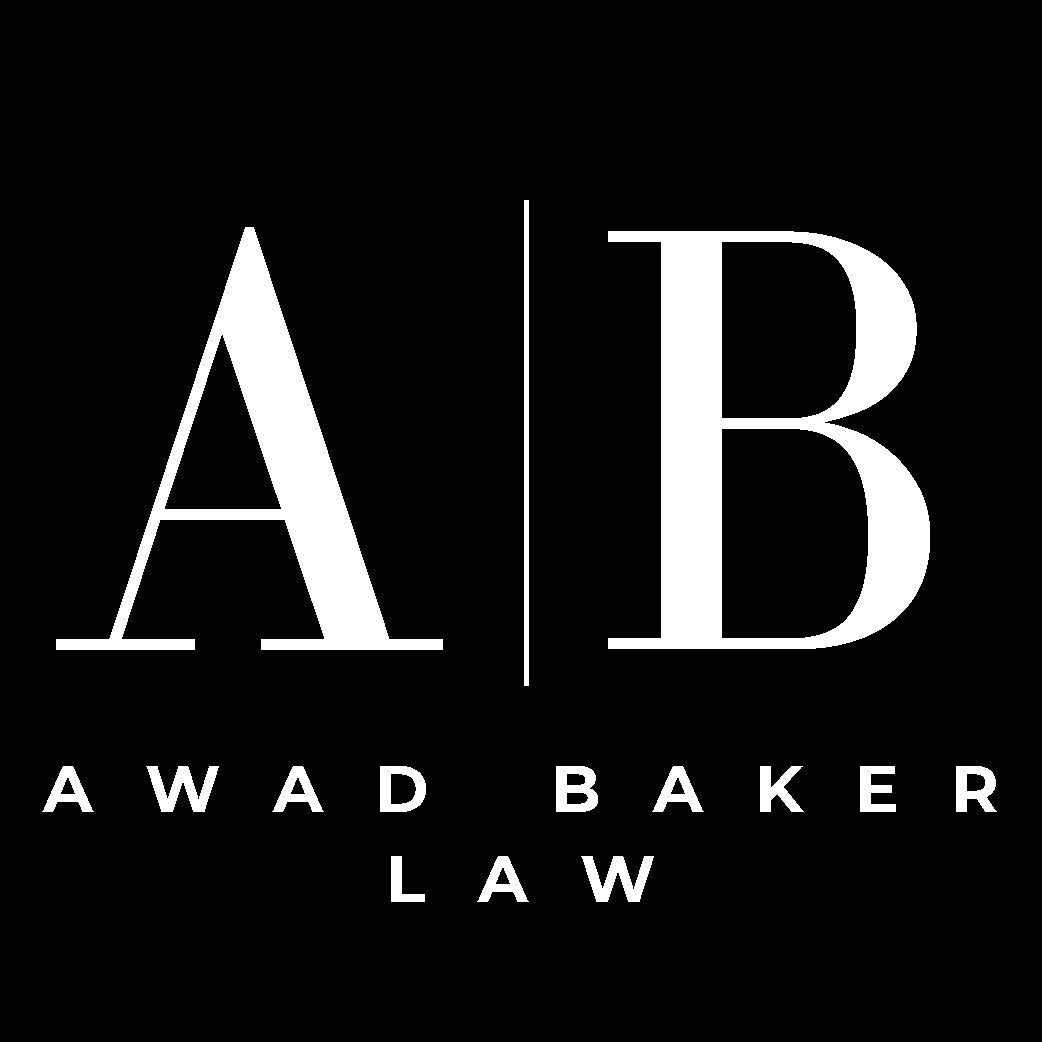For now, the third consecutive year, the New York Legislature has introduced a version of the Grieving Families Act, legislation that would completely overhaul wrongful death claims in New York by permitting recovery for emotional damages and expanding the class of persons who can seek recovery for a fatality. The bill also aims to increase the statute of limitations from two to three years.
Under the current version of New York's Wrongful Death Statute, NYS Estate, Powers & Trust Law (§ 5-4), the damages that can be sought in New York are limited to the economic or pecuniary losses of the survivors resulting from the death, the medical and funeral costs related to the final injury or illness, and the value of parental guidance, nurturing, and care for surviving children. If the decedent sustained conscious pain and suffering before passing, an action could also be brought to recover those damages. However, the current law does not allow recovery for pain and suffering, mental anguish, or loss of love or companionship for surviving family members.
The Grieving Families Act seeks to dramatically expand both the damages recoverable in a wrongful death claim to include grief, anguish, loss of love, society, protection, comfort, companionship, and consortium, as well as those who may seek recovery to include "surviving close family members." New York currently provides that a wrongful death lawsuit can only be brought by a child, parent, spouse, or the personal representative for the estate of the decedent. Extended family members, such as siblings, grandparents, or cousins, do not have the right to bring a wrongful death lawsuit in New York unless they also have been named as the guardian or personal representative of the estate.
Both prior versions of the Grieving Families Act suffered a veto at the hands of New York Governor Kathy Hochul, and this current 2024 version has no significant changes to address the Governor's concerns.
History and Trends
Over the past decade, there has been a nationwide trend toward legislative expansion of wrongful death statutes across the United States, either in terms of who can commence an action or recover damages and an expansion in the damages recoverable. Currently, New York and Alabama are the only two states that limit recovery in wrongful death actions to economic damages. Alabama is the most restrictive, only permitting punitive damages to punish the defendant's conduct, not to compensate the decedent's family. Alabama jurors are instructed only to consider the defendant's wrongdoing. They are specifically instructed not to consider the monetary value of the decedent's life or the need to compensate the decedent's family.
While New York has never recognized a common-law right to recover damages for the wrongful death of an individual, it was the leader in codifying a right to recovery by the enactment of a wrongful death statute during the Industrial Revolution of the 1840s. The 1847 legislation has seen some modernization, including an amendment to allow husbands to recover damages in 1870, and expanding the class of beneficiaries in 1920. In 1949, it was amended to allow damages to be allocated to the surviving spouse and next of kin in proportion to their respective losses. The last amendment, however, came in 2003 in response to the September 11, 2001, terrorist attacks and extended the statute of limitations to two years and six months for actions brought on behalf of individuals who died as a result of the September 11 tragedy.
The movement to expand damages in cases of emotional pain and anguish and wrongful death has not been limited to legislative efforts, as this trend is seen in recent New York jurisprudence as well.
The New York Court of Appeals, in the case of Greene v. Esplanade, 36 N.Y.3d 513 (2021), rendered a decision in February 2021 to expand recovery rights to a grandparent under the "zone of danger" doctrine. The case involved the tragic death of a two-year-old child resulting from pieces of a building façade that had broken off and fallen onto the child. At the time of the incident, the child's grandmother was next to the child as debris suddenly fell from the building, and the plaintiff's grandmother was herself struck by debris. The grandmother had initially filed a lawsuit based on two causes of action: negligence and wrongful death. However, the grandmother moved to amend the complaint to add another cause of action based on negligent infliction of emotional distress under the zone of danger doctrine.
The zone of danger doctrine provides for a right of recovery for infliction of emotional distress where one is threatened with bodily harm as a consequence of a defendant's negligence and flows only from the viewing of death or serious physical injury of a member of that person's "immediate family." The term "immediate family" was at the crux of the debate in the Greene case. The Court of Appeals ultimately decided that the grandmother, in this case, should be classified as an "immediate family" member of the decedent's grandchild. While the Court noted the "historically circumspect approach" to expanding liability for emotional damages, the Court based its decision on the increasing legal recognition of the special status of grandparents, shifting societal norms, and common sense. The Court did not provide an exhaustive list of family members that could qualify as "immediate family" and strongly emphasized that its decision does not establish "outer limits" to the definition of "immediate family."
Current Status and Opposition
After the initial 2022 version of the bill suffered a veto, the Legislature passed a revised version of the bill in an attempt to cure the prior objections. While the preceding bill would have opened up the pool of potential plaintiffs to the vaguely defined "close family members," the 2023 legislation more narrowly defined the pool of plaintiffs who would be able to bring a case for wrongful death to only spouses or domestic partners, children, foster children, step-children, step-grandchildren, parents, grandparents, step-parents, step-grandparents, siblings or anyone acting "in loco parentis" to the deceased person. Furthermore, the statute of limitations in the proposed 2023 legislation was expanded to three years from the date of death, up from the current two years, but not as long as the three-and-a-half years proposed the prior year.
In her veto, Governor Hochul called the legislation well-intentioned but said it would represent a foundational shift in New York's wrongful death jurisprudence that would have likely resulted in significant unintended consequences. She added that legitimate concerns had been raised that the bill would likely lead to increased insurance premiums for the vast majority of consumers and risk the financial well-being of the state's healthcare facilities—most notably, public hospitals that serve disadvantaged communities.
The Governor had previously voiced support for a more limited reform of New York's Wrongful Death Statute by limiting claims for grief and emotional damages only to parents who suffered the loss of a child, implementing a cap on emotional damages, not applying new legislation retroactively to pending claims, not extending the statute of limitations, and excluding claims for medical malpractice.
Proponents of the bill argue that the current wrongful death statute, by only providing financial relief based upon income/earnings, results in discriminatory results for underprivileged individuals and those with non-traditional family structures. Proponents further argue that the proposed changes allow non-financial contributions to be considered when assessing the value of one's life and survivors' grief and suffering and that this is particularly significant for low-income households, retirees, and children who do not contribute financially to the home.
Already in a high-tax state, business leaders in New York have warned that this legislation would have a disastrous impact on businesses and endanger the state's economic recovery. Studies and actuarial analysis by the New York Civil Justice Institute and the Empire State Chapter of Associated Builders and Contractors have demonstrated that the proposed changes would increase medical professional liability costs by at least 40% and increase automobile and general liability insurance premium costs by as much as $2.2 billion, resulting in a nearly 12% increase in annual premiums across the board.
It was clear that the 2023 revisions were not substantial enough for Governor Hochul, who had expressed a willingness to compromise on a bill that would help family members of those who died in wrongful death cases while still providing certainty for consumers and businesses. The 2023 version and now the 2024 version still include a provision applying the law retroactively to any cause of action accruing on or after July 1, 2018, regardless of when the claim was filed, do not implement a cap on damages, nor carve out an exception for medical malpractice claims.
The constitutionality of retroactively applying the bill is suspect at best. There is undoubtedly an issue of prejudice to a defendant and the defendant's insurance carrier if the bill is enacted retroactively, as the policy limits procured were based on the existing law at the time rather than the amended law. Therefore, it would be quite likely that an insured defendant would be underinsured for the current risk. Furthermore, the carrier collected premiums based on the existing law at the time, thus the risk the premium was intended to cover is not the same risk faced if the bill is enacted. By expanding the number of potential claimants and the infinite recoverable damages, that risk is exponentially greater than bargained for.
The bill is still fraught with vagaries and a need for defined procedures. While the current bill more narrowly defines and limits who may be eligible for compensation, determining whether that person is a "close family member" is still put to a finder of fact. The expansion of the term "close family member" may result in a large group of individuals vying for and competing with one another for estate damages, which may have a tenuous emotional connection to the decedent, thereby actually frustrating the purpose of the expansion altogether. This will likely lead to more time-consuming and costly discovery to identify potential claimants and litigate their right to recovery. There are issues with the notice to possible claimants/"close family members" where a potential claimant would not receive timely notice of a proceeding. The bill is silent on who bears the burden of identifying and putting on notice potential claimants. The bill does not address how competing claims are adjudicated. Is it first come, first served? Does a step-grandparent get priority in recovery over a spouse or child simply because they filed a claim first?
By making no significant compromises, changes, or amendments to address the Governor's prior concerns, most notably the lack of any effort to create more cost certainty to curtail the significant economic impact of the bill, this 2024 version appears headed for the same grim fate as its predecessors.
Elizabeth M. Midgley is a Member in the firm's litigation group. She is an experienced trial attorney primarily defending matters involving medical malpractice, dental malpractice, long-term care facilities, professional malpractice defense, legal professionalism and ethics, premises liability, motor vehicle accidents, railroad law and general negligence litigation.
V. Christopher Potenza is Co-Chair of Hurwitz Fine P.C.’s General Litigation Department. He focuses his practice on product liability, premises liability, transportation and automotive liability, medical malpractice defense and nursing home negligence and commercial litigation. He also leads the firm’s Products Liability and Medical Device Team, including toxic tort, asbestos and lead-based paint defense.


































